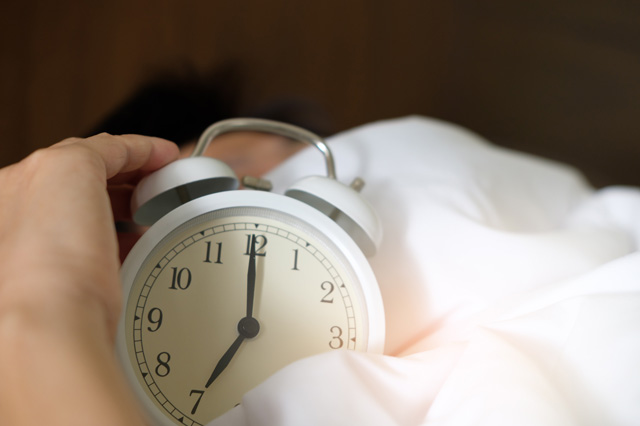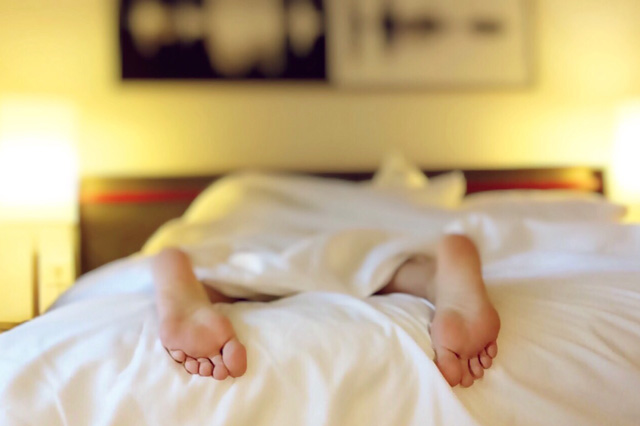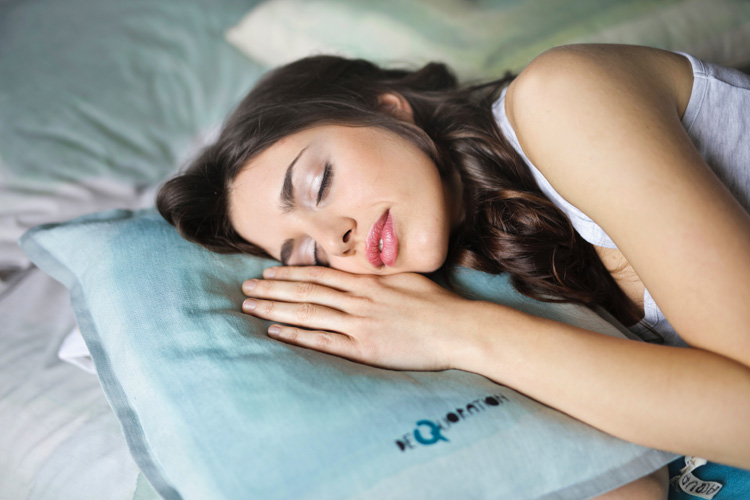Sleep is an important element of our daily routines. It is a restorative process that prepares our body and mind for a hectic day ahead of us.
Research has proved that sleep has a profound impact on our mental and physical well-being. Therefore, it is essential to draw from its benefits
Benefits of a Good Sleep

Scientists are beginning to learn the way sleep affects our health, well-being and why our body needs sleep.
Stanford Sleep Medicine Center, Psychiatry and Behavioral Sciences Professor Rafael Pelayo defines sleep as a natural, restorative, psychological process characterized by a perceptual disengagement and must be rapidly reversible.
He also adds that sleeping is a critical process that allows the body to function and is especially important for the brain.
“The entire body takes advantage of sleep. But sleep is really how the brain gets reset for the next day. Sleep restores the brain,” notes the Psychiatry professional.
While the lack of sleep can damage many body systems and lead to chronic illness or health issues over a period of time, it can also have severe implications on your mind and its functioning.
How Much Sleep is Enough?

The need for sleep may differ depending on our age and genes. The ideal sleep timeline for adults is seven-nine hours every night.
For children, youth and older adults, the amount of sleep should result in best health outcomes in areas such as mood and learning.
Pelayo says it’s not only the number of sleep hours that count but also the quality of sleep.
“The issue is waking up refreshed. You should never wake up tired. If you do wake up feeling tired, something is wrong,” he says.
Getting up from bed tired and sleepy indicates low quality of sleep due to a lot of light sleeping and lack of a deep sleep.
Tips to Sleep Better at Night

Here are a few good-sleep tips that you can use:
- A good sleep schedule: It is important to wake up and sleep at the same time schedules, every day. This includes the weekends too. Once you have fixed these time schedules, your body develops a natural response to these timings, letting you wake up and fall asleep when required. Any irregularity in these timings can cause you to experience the same drowsiness as in the case of jet lags.
- Caffeine intake: Avoid taking coffee during the latter half of noon. Make sure to drink a cup of coffee only six hours before you sleep. Caffeine is known to keep sleep away.
- Regular exercise: While research suggests that a good amount of exercise is linked to good sleep, it is not good to exercise close to your sleep hours. This makes it difficult to fall asleep. Exercises or workouts send a signal to your body, causing you to keep awake. These signals include increased heart rate and body temperature.
- Avoiding bright lights and bright screens: Bright lights can hurt your eyes, especially if someone turns them on while you are drifting into a night’s sleep. Avoid the usage of fluorescent or blue lights, which send the same signals to your body as sunlight. They block the production of the hormone melatonin that tells your brain to go to sleep. The list also includes your phone and other electronic gadgets’ screens.
- Avoid lying in bed before a night’s sleep: If you are unable to fall asleep even 20 minutes after lying down, get out of bed and engage yourself in a task that will make you feel sleepy. Staying in bed longer associates your body with staying in while waking up, making it harder to fall asleep.
- Avoid staying in bed post waking up: Don’t waste your time in the morning by staying in bed, trying to compensate for whatever sleep you didn’t get in the night. If you have not slept properly, simply get out of bed and get started with your day. Try getting sleep at the same time in the evening that day, when your need for sleep is all the more strong. This helps in restoring your body.
Unable to track progress on you sleep cycle? Why not engage a comprehensive fitness tracking app that not only tracks your fitness but also keeps track of your sleeping habits?
Download on Google Play Download on iOS App Store
More Articles:
- How to Track Your Steps in iPhone or Android Phone?
- Best Sleep Tracking App for iPhone or Android!
- Water Tracker App to Track Daily Water Intake!
- Trying to Lose Weight? Eat Slowly!
- 7 Scientific Benefits of a Plant-Based Diet

